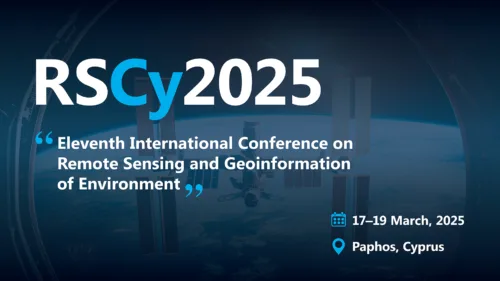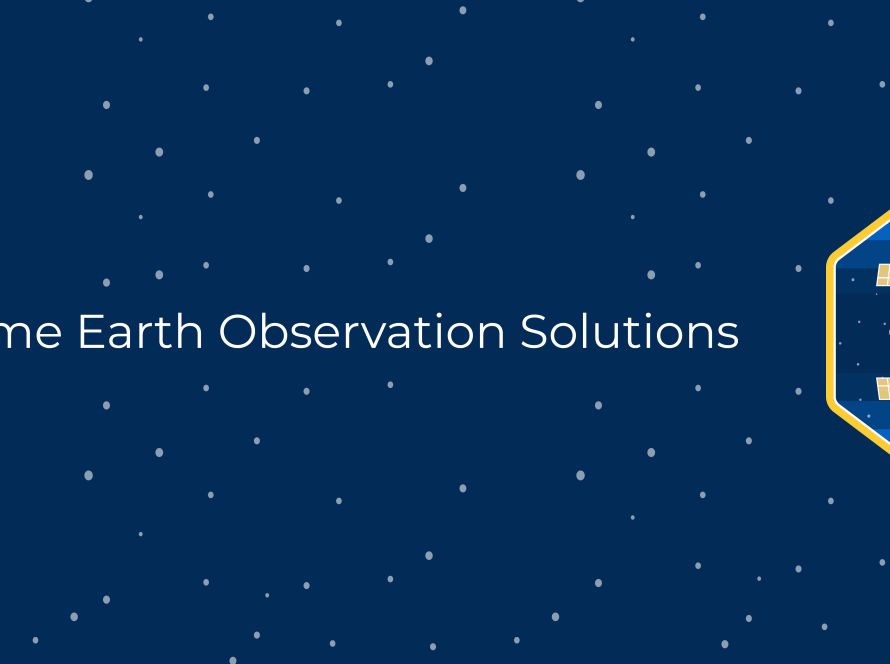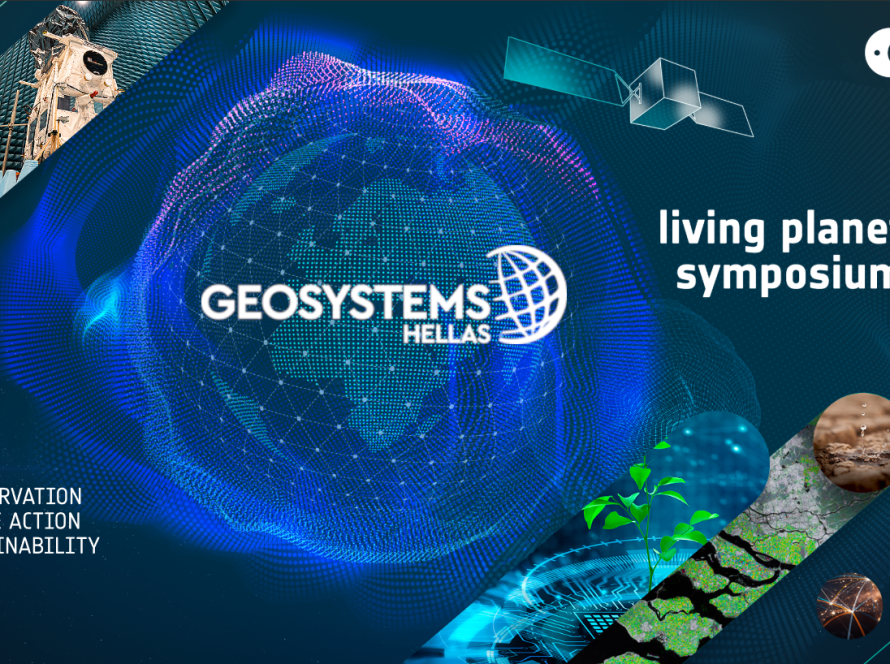Within the framework of the Greek Microsatellites project, a working meeting for the “Land & Forest” services projects (Axis 3) was held at the Foundation for Research and Technology (FORTH) on April 8 and 9.
The meeting was organized by the head of the Remote Sensing and Applications Laboratory in Urban and Natural Environment Nektarios Chrysoulakis, coordinator of the urban environment services of the Land project.
The event was welcomed by the Deputy Regional Governor for Environment, Nikos Xylouris, highlighting the support and interest of the Region of Crete for the specific projects that will provide valuable data, especially on issues of observation via satellites, which will assist and decisively upgrade the work of the Services of the Region of Crete on issues of emergencies, crisis management and climate change. The meeting was attended by the General Director of Sustainable Development, Marinos Kritsotakis and the special advisor to the Regional Governor and responsible for satellite data of the Region of Crete, Ermioni Gialiti.
As it was pointed out, the interest that the Region of Crete has is increased in issues of earth observation, using space to monitor the environment, land uses and changes occurring on the island. Micro-movements due to earthquakes but also desertification phenomena. The interest in the quality of life in the city (carbon dioxide emissions and health – well-being of citizens and visitors), the protection of Natura areas and the forests of the island were also underlined.
As the representatives of the Region noted, the artificial intelligence tools provided, combined with the use of high-precision and high-traffic images of the Greek Microsatellites, will improve the lives of the island’s citizens and support social well-being.
The National Microsatellite Program
Through the “National Microsatellite Program”, which was designed by the Ministry of Digital Governance, and the Hellenic Space Center (ELKED), Greece acquires within 2026 eleven satellites for earth observation and a series of related government services for the well-being of Greek society. This is an important project funded by the National Recovery and Resilience Plan Greece 2.0, with the aim of satellite products and services supporting efforts on issues related to the observation of long-term land changes, environmental protection, resource management and addressing climate change.
The implementation of the program is carried out entirely by Greek companies and organizations, in collaboration with the European Space Agency (ESA), and includes the development of a Government Hub (Space Hub) for the processing and distribution of satellite data, as well as a series of specialized services and products in five different sectors: agriculture, forests, water, land and security. The data from the microsatellite cluster will be used to formulate more effective policies, while data from European and international satellite missions will also be integrated.
In this context, the Region of Crete collaborates with the Foundation for Technology and Research and especially with the Laboratory of Remote Sensing and Applications in Urban and Natural Environment and GEOSYSTEMS HELLAS, a company with a Branch in Heraklion headed by Betty Charalambopoulou, coordinator of the Land project & sub-coordinator of the Forest project. The event was also attended by the European Space Agency team led by Svein-Jarle Lokas and the working group from the National Observatory of Athens led by Dr. Ch. Kontoe, the Aristotle University of Thessaloniki led by Prof. I. Gitas, the University of Patras led by Prof. K. Nikolakopoulos, the National Technical University of Athens, as well as the companies NERCO and Wings.
Source: Region of Crete (translated)






